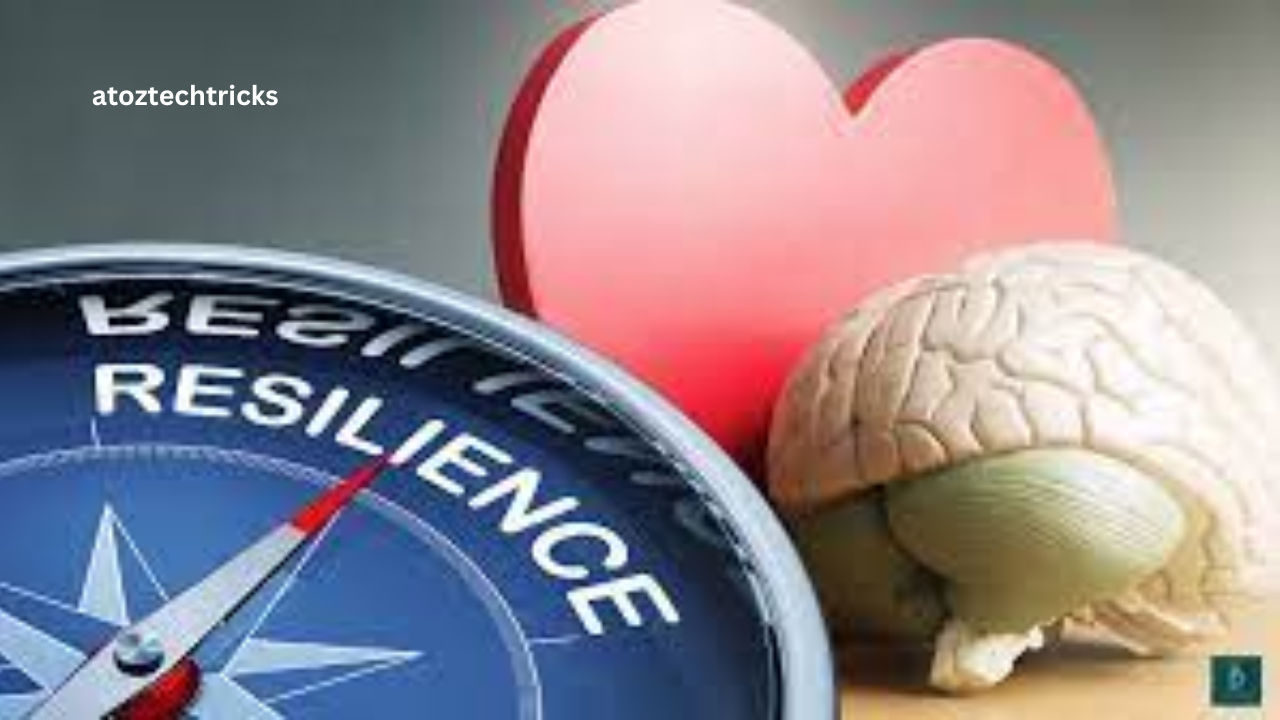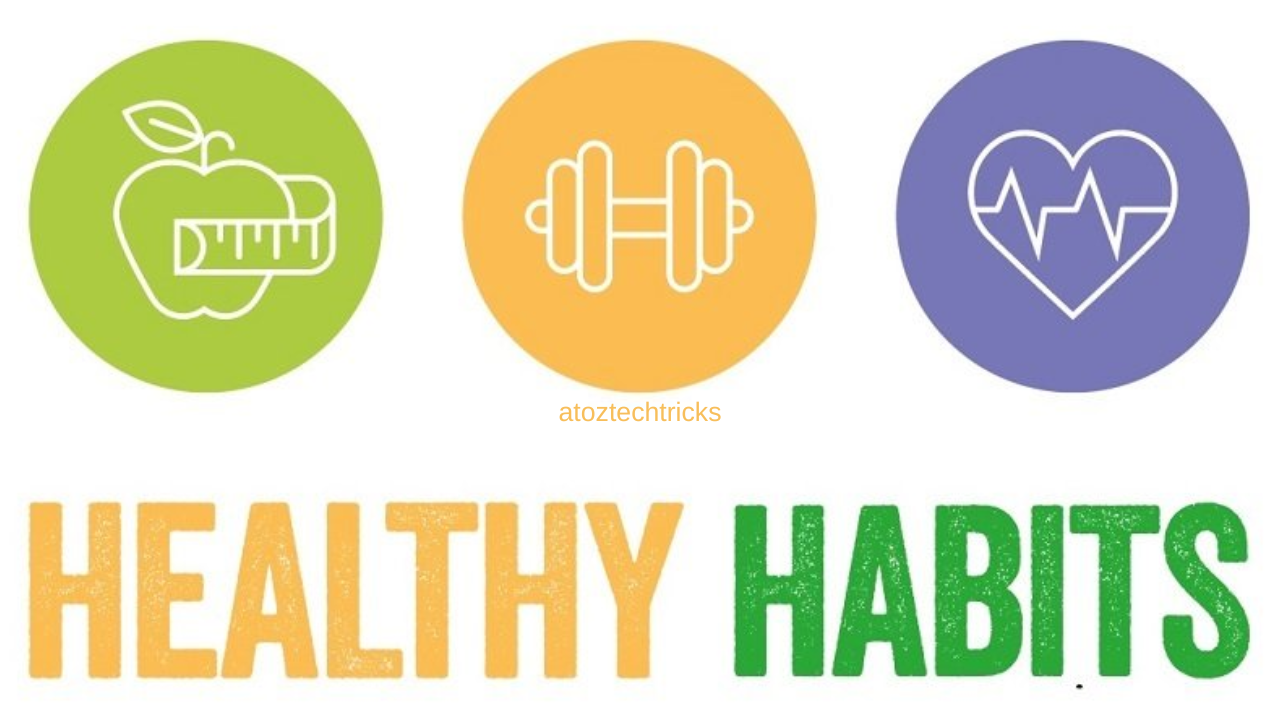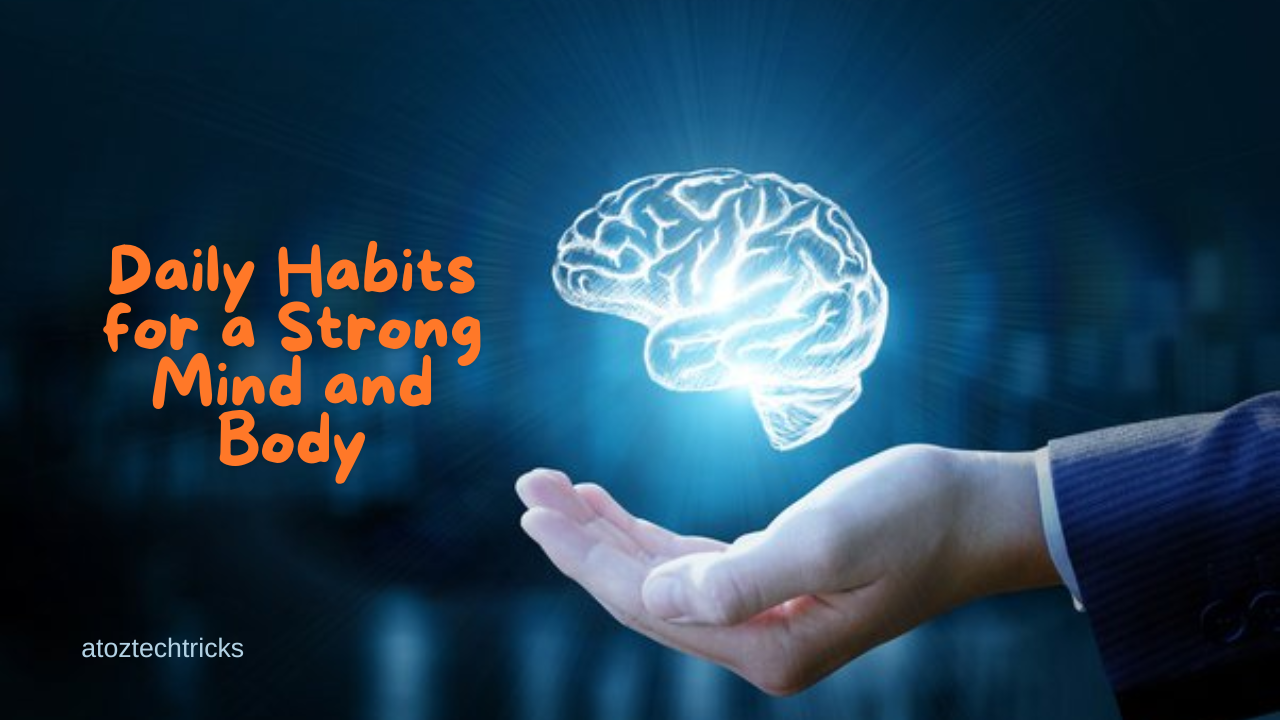Building Resilience and Emotional Intelligence: A Comprehensive Guide
In today’s fast-paced and often unpredictable world, building resilience and emotional intelligence is more crucial than ever. These two skills not only help individuals navigate life’s challenges but also enhance overall well-being and success in both personal and professional spheres. This comprehensive guide delves into the principles and practices of developing resilience and emotional intelligence, offering practical strategies and insights for cultivating these vital attributes.
Understanding Resilience
Resilience refers to the ability to bounce back from adversity, stress, or difficult situations. It’s not about avoiding challenges but about effectively coping with and adapting to them. Resilience allows individuals to manage stress, recover from setbacks, and continue moving forward despite obstacles.
Key Characteristics of Resilience
- Adaptability: Resilient individuals are flexible and open to change. They can adjust their strategies and attitudes in response to new situations.
- Optimism: They maintain a positive outlook, focusing on potential solutions rather than dwelling on problems.
- Self-Efficacy: Resilient people believe in their ability to influence events and outcomes. They have confidence in their skills and strengths.
- Emotional Regulation: They manage their emotions effectively, avoiding excessive anxiety or despair in challenging times.
- Support Systems: Building strong relationships and seeking support from others is a hallmark of resilience. Social connections provide emotional support and practical assistance.
Strategies for Building Resilience
- Develop a Growth Mindset:
- Embrace challenges as opportunities for growth. Rather than viewing failures as setbacks, see them as valuable learning experiences.
- Practice self-reflection to understand your reactions to adversity and identify areas for improvement.
- Set Realistic Goals:
- Establish achievable goals that align with your values and strengths. Break larger goals into smaller, manageable steps to maintain motivation and track progress.
- Build a Strong Support Network:
- Cultivate relationships with supportive friends, family, and mentors. Lean on these individuals during tough times and offer support in return.
- Practice Self-Care:
- Prioritize your physical and mental health through regular exercise, healthy eating, and adequate rest. Engage in activities that bring you joy and relaxation.
- Develop Problem-Solving Skills:
- Enhance your ability to tackle challenges by practising problem-solving techniques. Break down problems into smaller parts, brainstorm solutions, and evaluate the best course of action.
- Learn to Manage Stress:
- Incorporate stress-management techniques into your daily routine, such as mindfulness, deep breathing exercises, and relaxation practices.
- Maintain Perspective:
- Keep challenges in perspective by focusing on the bigger picture. Remind yourself of past successes and the strengths that helped you overcome previous difficulties.
Self-Care Practices for Emotional Well-Being: A Comprehensive Guide
Understanding Emotional Intelligence
Emotional Intelligence (EI) is the ability to recognize, understand, and manage your own emotions, as well as to recognize, understand, and influence the emotions of others. High EI is associated with better interpersonal relationships, effective communication, and overall emotional well-being.
Components of Emotional Intelligence
- Self-Awareness:
- The ability to recognize and understand your own emotions, strengths, weaknesses, values, and drivers. Self-aware individuals are conscious of how their emotions affect their behaviour and decision-making.
- Self-Regulation:
- The ability to manage and control your emotions healthily and constructively. Self-regulation involves staying calm under pressure, avoiding impulsive reactions, and maintaining a balanced perspective.
- Motivation:
- The drive to achieve goals and pursue personal growth. Emotionally intelligent individuals are motivated by internal rewards and maintain a high level of persistence and resilience.
- Empathy:
- The capacity to understand and share the feelings of others. Empathy involves active listening, recognizing non-verbal cues, and responding to others’ emotions with compassion and understanding.
- Social Skills:
- The ability to build and maintain positive relationships, communicate effectively, and constructively influence others. Social skills include conflict resolution, teamwork, and leadership.
Cultivating Positive Emotions and Mindset: A Comprehensive Guide
Strategies for Developing Emotional Intelligence
- Enhance Self-Awareness:
- Practice mindfulness and self-reflection to gain insight into your emotions and behaviours. Keep a journal to track your emotional responses and identify patterns or triggers.
- Improve Self-Regulation:
- Develop techniques for managing stress and emotional responses, such as deep breathing exercises, meditation, or progressive muscle relaxation. Practice pausing before reacting to ensure thoughtful responses.
- Foster Motivation:
- Set personal and professional goals that align with your values and passions. Cultivate a positive mindset by focusing on your achievements and the progress you’ve made.
- Cultivate Empathy:
- Engage in active listening by giving others your full attention and validating their feelings. Practice perspective-taking by considering situations from others’ viewpoints.
- Enhance Social Skills:
- Work on effective communication techniques, such as assertiveness and active listening. Develop conflict-resolution skills and seek feedback on your interpersonal interactions.
Integrating Resilience and Emotional Intelligence
Building resilience and emotional intelligence are interconnected processes. Both contribute to an individual’s overall well-being and effectiveness in managing life’s challenges. By developing these skills together, individuals can enhance their ability to cope with adversity, build strong relationships, and achieve personal and professional success.
Practical Integration Strategies
- Self-Reflection and Awareness:
- Regularly assess your emotional responses and resilience strategies. Reflect on how your emotional state influences your ability to handle stress and setbacks.
- Mindfulness Practices:
- Incorporate mindfulness techniques into your daily routine to enhance both emotional intelligence and resilience. Mindfulness helps increase self-awareness, emotional regulation, and stress management.
- Set Goals for Growth:
- Establish personal development goals that focus on both resilience and emotional intelligence. For example, set a goal to improve conflict-resolution skills while also building a support network.
- Seek Feedback:
- Obtain feedback from trusted colleagues, friends, or mentors on your emotional intelligence and resilience. Use this feedback to identify areas for improvement and track your progress.
- Continuous Learning:
- Engage in ongoing learning and development activities related to emotional intelligence and resilience. Attend workshops, read relevant literature, and participate in training programs to enhance your skills.
Impact of Emotional Well-Being on Relationships: A Comprehensive Exploration
Real-Life Applications
Professional Settings
In the workplace, resilience and emotional intelligence are critical for managing stress, leading teams, and navigating organizational changes. Leaders with high EI can inspire and motivate their teams, handle conflicts effectively, and create a positive work environment. Resilient employees are better equipped to handle job-related stress, adapt to change, and recover from setbacks.
Personal Relationships
In personal relationships, emotional intelligence and resilience contribute to healthier and more fulfilling connections. By understanding and managing your emotions, you can communicate more effectively, resolve conflicts, and build stronger bonds with loved ones. Resilience helps you navigate relationship challenges and maintain a positive outlook.
Education
For students, resilience and emotional intelligence play a significant role in academic success and overall well-being. Students with high EI can manage stress, engage in effective study habits, and build supportive relationships with peers and teachers. Resilience helps students persevere through academic challenges and adapt to changes in their educational journey.
Building resilience and emotional intelligence is a lifelong journey that involves self-awareness, practice, and continuous growth. By understanding and applying the principles and strategies outlined in this guide, individuals can enhance their ability to cope with life’s challenges, build meaningful relationships, and achieve personal and professional success. Whether in the workplace, personal relationships, or educational settings, developing these skills will provide a solid foundation for navigating the complexities of the modern world with confidence and grace.






Post Comment